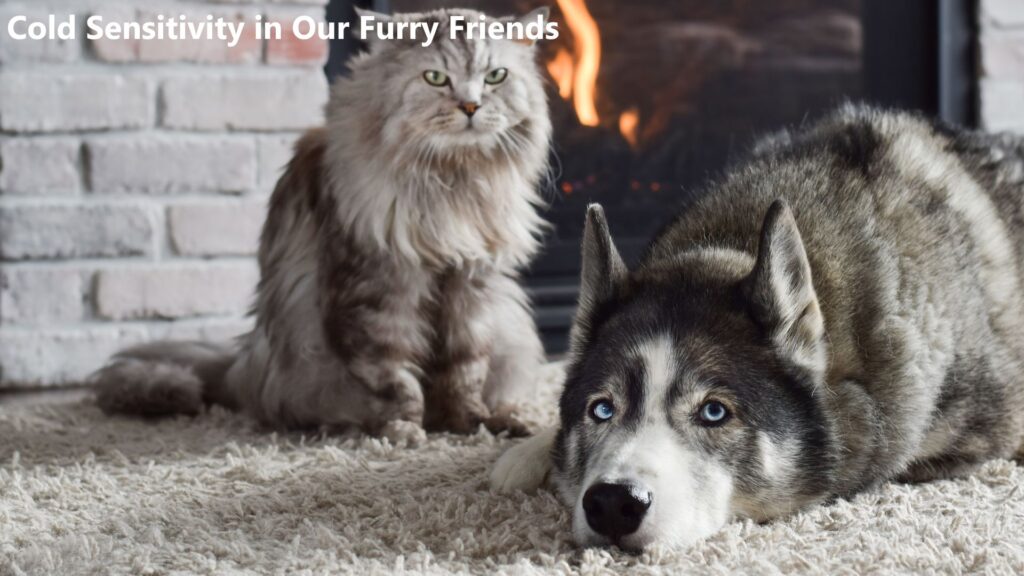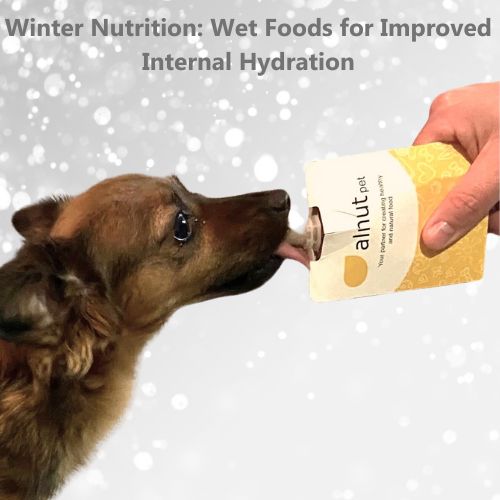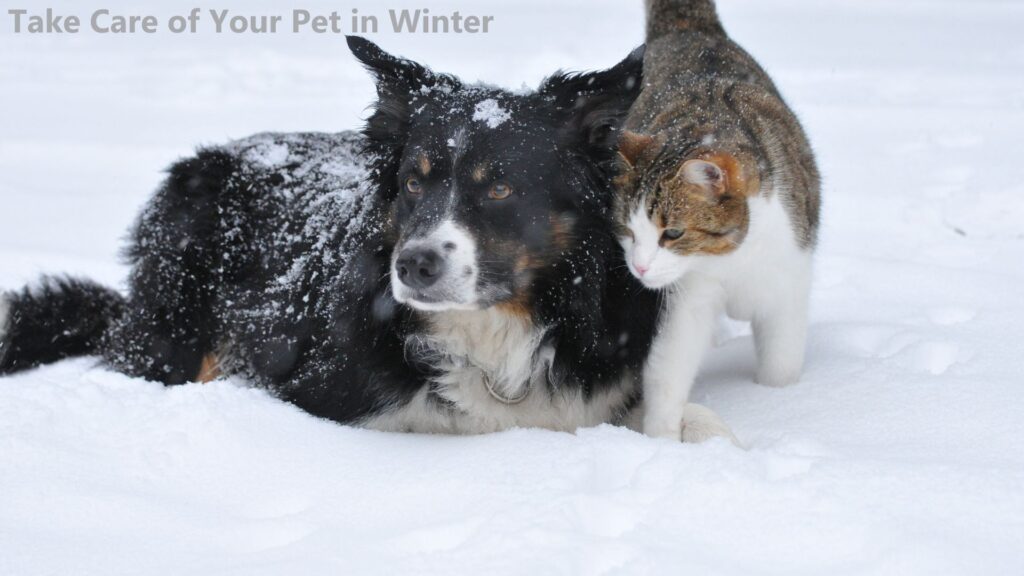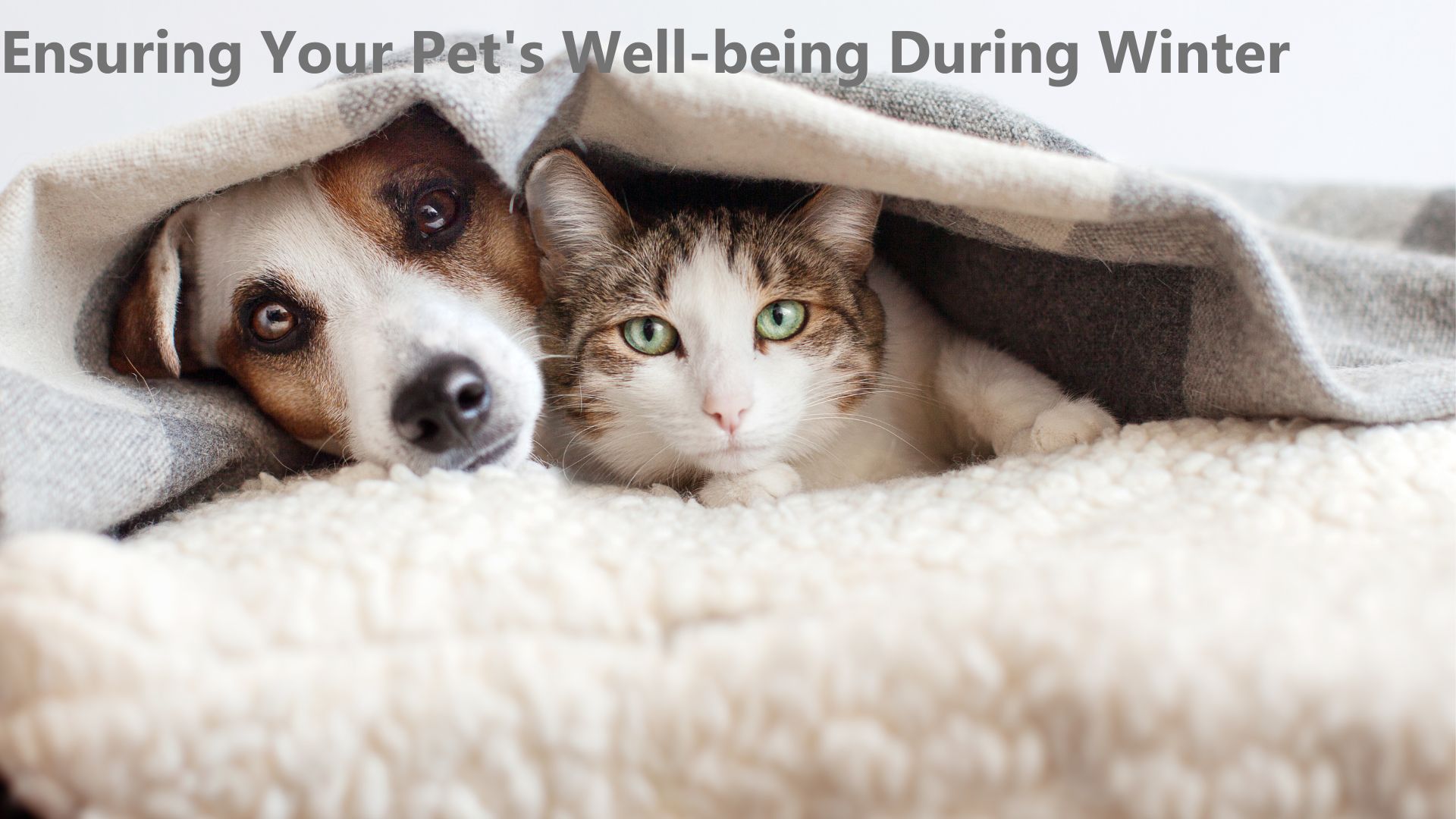In winter, it is crucial to protect pets from the cold to prevent health issues. It is advised not to overdress them, to prevent sudden temperature changes, and to keep their vaccinations up to date. Low temperatures increase the risk of viral infections, particularly in those that remain outdoors, leading to symptoms such as sneezing and discharge. Furthermore, proper nutrition, health, and hygiene are essential for their care.
Pets’ sensitivity to the cold
The way cold affects pets varies according to factors such as species, breed, size, coat, and age.
Dogs and cats with short coats, smaller sizes, puppies, older animals, or those with health issues tend to be more vulnerable to low temperatures.
Breeds adapted to warmer climates, such as Chihuahuas or Sphynx cats, also tend to suffer more in winter.
It is crucial to observe signs such as shivering, lethargy, cold paws, or constant seeking of warmth, as these may indicate that they are feeling cold.
Providing a warm environment, avoiding prolonged exposure to the outdoors, and ensuring an adequate diet are essential measures to protect them.
Tips for caring for your pet during the winter
Provide appropriate shelter
Clothing for dogs: If you have a dog with a short coat or a small breed, choose clothing specifically designed for them. It is important that it is comfortable, does not restrict their movement, and protects delicate areas such as the abdomen.
Do not overdress double-coated breeds: Dogs such as the Alaskan Malamutes, with dense fur, naturally regulate their temperature, so they do not require extra clothing.
Adapt the exercise routine to the prevailing weather conditions
Despite the cold, pets require regular exercise to stay healthy and active. Exercise not only helps them maintain a healthy weight but also stimulates their mind and provides the necessary energy for balanced behaviour.
Plan shorter walks during the warmer hours of the day, when temperatures are more bearable, and avoid going out on days of extreme weather, such as when there is snow, heavy rain, or cold winds.
If the weather prevents outdoor activity, provide interactive games indoors to keep your pet active and entertained.”
Additionally, do not forget to ensure that your pet is well-hydrated and protected from low temperatures, as the cold can impact their physical well-being.
Create a warm and comfortable environment at home

To create a warm space at home for your pet, place a comfortable and cosy bed in an area free from draughts. Use blankets, rugs, and soft mats to insulate against the cold from the floor. Create a corner with soft lighting and avoid drafts. Provide heat-generating toys and control humidity with a humidifier.
Ensure that fresh, clean water is always available. These details will help keep your pet comfortable and cosy during winter.
Nutrition and health during winter

To counteract low temperatures, humans typically consume hot food or beverages; however, in the case of a pet feeling cold, this is not necessary, unless advised otherwise by the veterinarian.
Adjust their diet according to their energy requirements
On the other hand, if the dog or cat is very active, it may require additional food during the season, provided that the specialist recommends it.
It is advisable to keep their diet as consistent as possible, as this will ensure they continue receiving the nutrients and proteins needed to protect them against any potential climatic changes.
Ensure that they are well-hydrated
In winter, pets often drink less due to the cold, and the dry winter air can lead to dehydration. It is essential to ensure they have access to fresh water.
Caring for their coat and skin
In winter, the cold and dry air can damage pets’ coats and skin. It is important to brush them regularly, use gentle bathing products, provide appropriate clothing, and maintain a warm environment.
Additionally, a diet rich in essential fatty acids such as omega-3 and omega-6 helps to keep the skin hydrated and the coat healthy, while offering wet food or adding fish oil supplements to their diet can improve hydration from the inside
Prevention of common winter illnesses
Respiratory illnesses
The cold can increase the risk of respiratory issues in pets, so it is important to avoid cold drafts and keep them in warm areas. If they have pre-existing respiratory problems, consult with the veterinarian.
Articular health issues:
The cold can affect the joints, especially in older dogs or those with arthritis. Ensure that your pet maintains an adequate level of exercise without being exposed to extreme conditions, and provide soft, comfortable beds for resting.”
Key points to keep your pet healthy during the winter

In winter, it is essential to provide your pet with the necessary care to protect them from the cold and maintain optimal health. This involves adjusting their exercise routine, caring for their coat and skin, and ensuring they are well-fed and hydrated. A balanced diet, rich in essential fatty acids such as omega-3 and omega-6, is key to strengthening their immune system and maintaining their well-being, while wet food can improve internal hydration. Make sure to adjust portions and the type of food according to their needs, especially if there are changes in their activity due to the weather. Proper nutrition will not only strengthen their immune system but also contribute to their overall well-being during the winter season.
Additionally, it is important to keep them in a warm environment, avoid prolonged exposure to the cold, and monitor their health, especially in sensitive breeds or those with pre-existing conditions.
With proper attention and precautions, your pet can enjoy the winter safely and comfortably.

